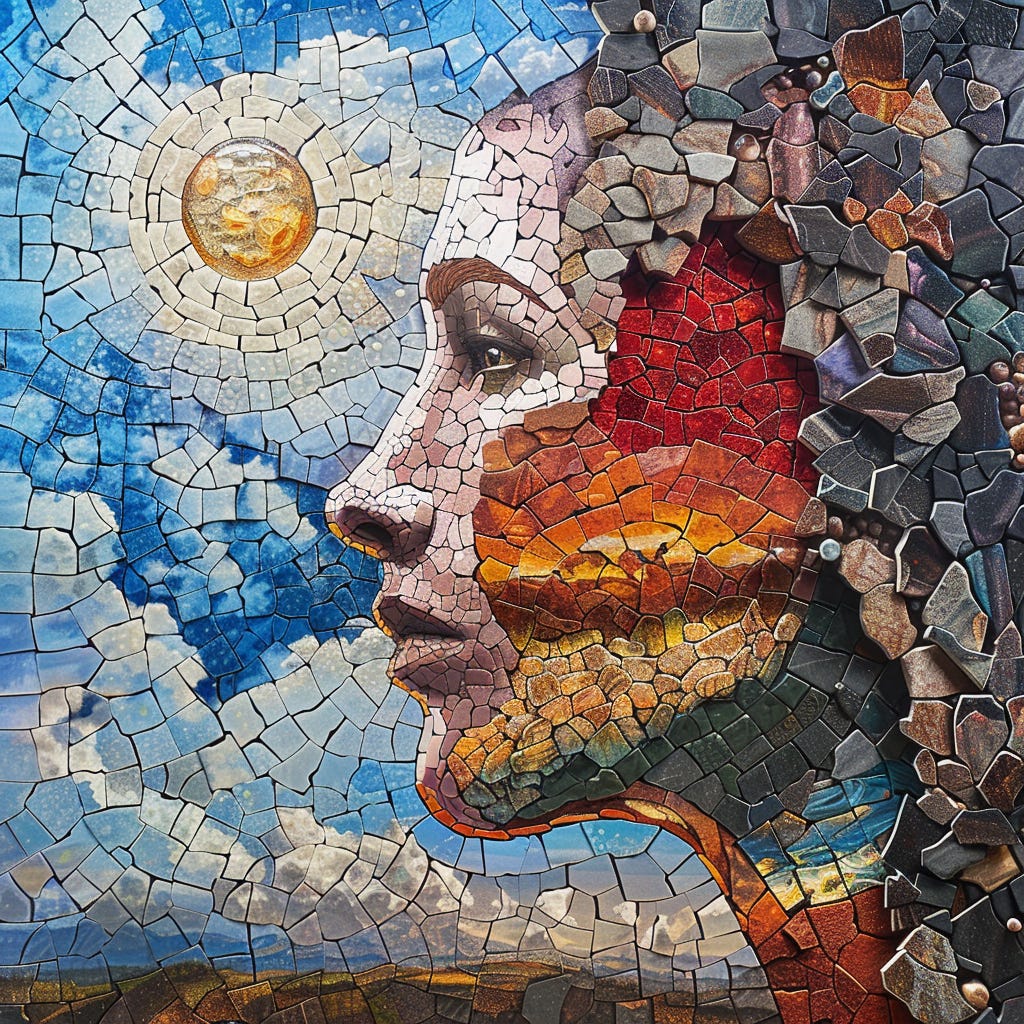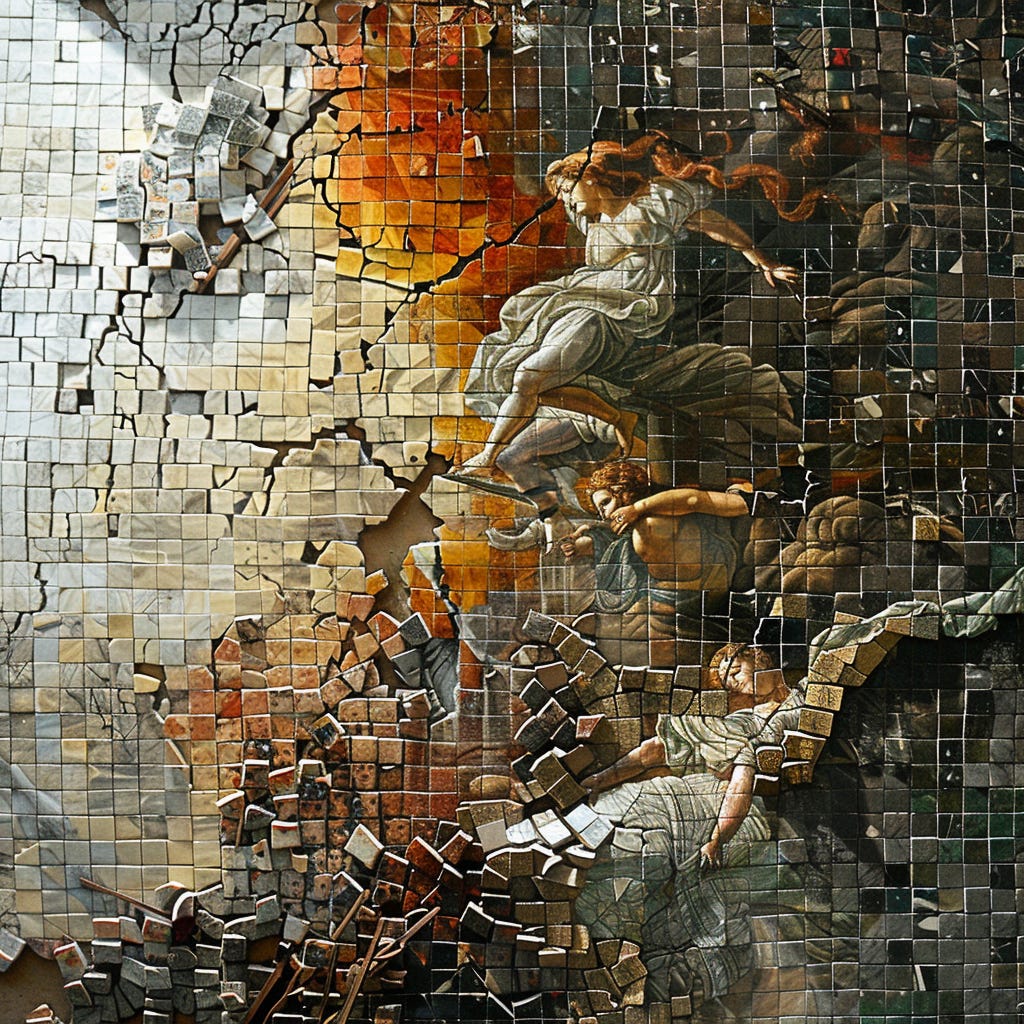Assumptions and Hypothesis
What is your tendency?
When you think about how you approach life and work, do you make assumptions or hypotheses about how things will go? Do you see the outcome ahead of time or do you just experience it as it comes? Are you a fixed mindset rigid in your thinking or are you open to fresh inputs that may change your mind?
Thinking about craft and the zone of genius it takes to perform at your ultimate level happened this weekend. I had an inspirational moment listening to a podcast featuring Whitney Johnson from Disrupt Yourself interviewing Eduardo Briceno about his new book The Performance Paradox and his journey to where he is today.
I had listened to Eduardo’s book a while back and liked his approach to interviewing people to illustrate the points he wanted to make.
The point that stuck with me from the podcast was the notion of the Learning Zone versus the Performance Zone. Whitney and Eduardo discussed the acts of Learning vs. the acts of Performing. And, the potential of integrating those two zones to accelerate your learning while doing.
From the podcast:
Whitney Johnson: “Okay. So, what's the learning zone and what's the performing zone? Just definitionally really simple.”
Eduardo Briceño: “The performance zone is when we are focused on performing, which means getting, doing things as best as we know how while trying to minimize mistakes. And the learning zone is when our goal is to improve. And so, we are going beyond the known. We're trying things that may or may not work. And both of these zones are really important. We can alternate between the two, and we can also integrate them and do both at the same time in what I call, learning while doing.”
It made me reflect on my Manifesto and how I arrived at the 17 points. I wrote two versions. One was very esoteric and intellectual. The other was more pragmatic and easier to understand. I had shared both with my board of personal advisors and prior clients - my assumptions were tabled for plan B.
Upon reading my words, I realized I like to over-index on the hybrid nature of learning while doing. I want to take on the challenge of not knowing your category or how you do what you do and figuring out how that is different but not necessarily better than the competition.
What is so unique and compelling about your creation that I can carve a new category or help accelerate the velocity of the company's lifestage via a differentiated voice?
My approach starts with assumptions. What is the reality? What will the market tell me is the reality? Upon further investigation, I will form hypotheses and then set out to prove or dismiss them - a classic approach to separating the wheat from the chaff as they say.
Many times this will lead to tension. I get paid to find and create a defendable truth. Sometimes this is not in sync with management's current thinking, market fit realities, and/or stakeholder perceptions.
I find we often battle with the implicit energy of an assumption. It is our motivation and fuel for doing something we believe is right or the way forward, where a hypothesis forces you to test your assumptions, with a sense of rigor to validate your instincts.
Sometimes that leads to a new reality you hadn’t considered before. That is where I like to challenge assumptions through a sense of insights gained by observation, direct feedback, and experimentation.
NOW (How you are realizing this today)
Are you assumption or hypothesis-driven?
Does that align across the organization?
How are you resolving your assumptions or hypothesis into an actionable resolution?
NEW (How you will realize this tomorrow)
I will conduct some research to determine how we think by the end of May.
I will identify a hot topic that can be broken down into assumptions and or hypotheses to help get to a resolution by the end of June.
We will create a framework for future discussions to accelerate decisions by Sept.
NEXT (I see a world in which)
I see a world in which AI will be the creative accelerant for bridging an assumption's implicit nature versus a hypothesis's explicit nature, allowing companies to get to market faster.
THE PAYOFF
“The difference between a hypothesis and an assumption is that the first is typically explicit and the second implicit. A hypothesis is what you are testing explicitly in an experiment. An assumption is tested implicitly. By making your assumptions and hypotheses explicit, you increase the clarity of your approach and the chance for learning.” ~ Sean Murphy, blog post on the difference between a Hypothesis and an Assumption.
If you are motivated to bring a strategic thought partner to help you achieve your ambitions, hire me as an embedded executive in residence for 90 days. I will get you on track.





